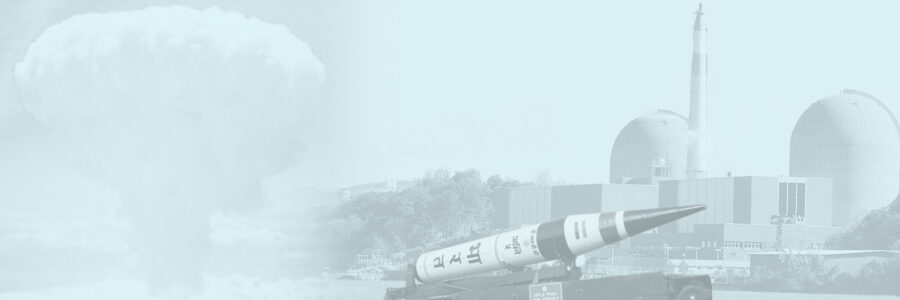The Impact of North Korea’s Nuclear Test
The underground nuclear test conducted by North Korea yesterday has established it as the ninth member of the nuclear club. There had been speculation, particularly since the failed test of a long-range missile, that North Korea would move to a nuclear test. It had warned about the impending test, and quite simply had nothing to lose. From a North Korean point of view, it was clear that the failed missile test demonstrated weakness and another missile test in the near term was unlikely to reduce international pressure on the regime.
- Rohit Pattnaik
- October 10, 2006











